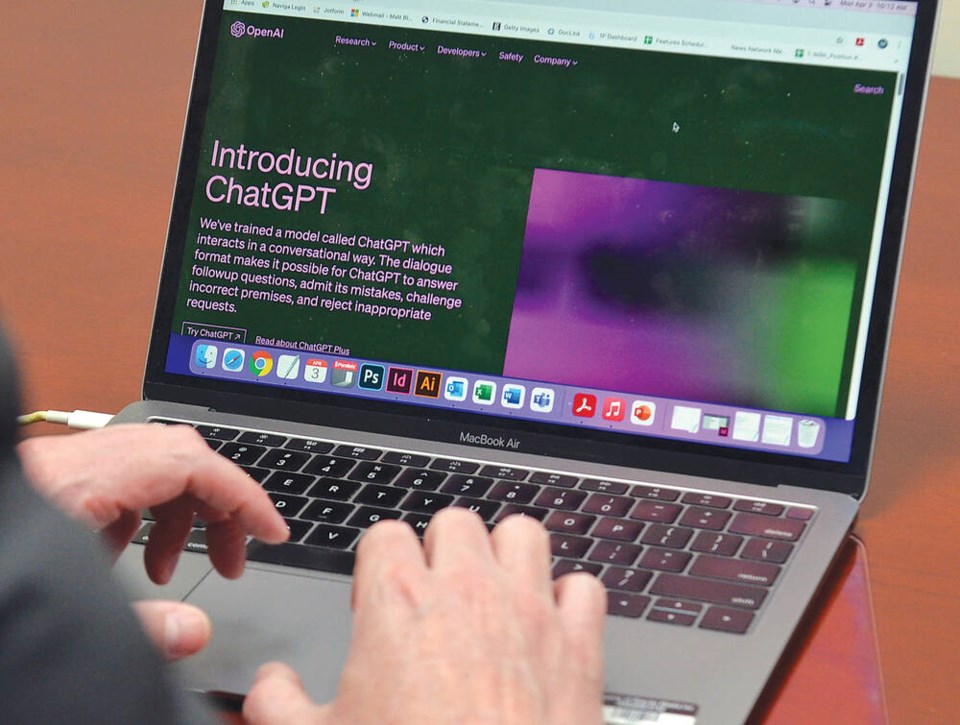British Columbia, Quebec, Alberta and federal privacy regulators are investigating OpenAI, the company behind AI-powered chatbot ChatGPT.
The joint investigation comes a month after the Office of the Privacy Commissioner of Canada announced an investigation into OpenAI. That federal probe stemmed from a complaint alleging the collection, use and disclosure of personal information without consent.
"AI chatbots like ChatGPT, Bing and Google’s Bard offer awe-inspiring possibilities. But the risks of these privacy impactful tools – which some have likened to a Pandora’s box – must be addressed appropriately," federal commissioner Philippe Dufresne said in a May 25 Toronto speech.
"We will be investigating whether OpenAI’s practices comply with Canadian privacy law in relation to consent, openness and transparency, access, accuracy, and accountability, as well as whether the organization is collecting, using and disclosing personal information for an appropriate purpose," Dufresen said.
The OpenAI website describes the American artificial intelligence research laboratory as consisting of the non-profit OpenAI Incorporated and its for-profit subsidiary corporation OpenAI Limited Partnership.
“OpenAI conducts AI research with the declared intention of promoting and developing a friendly AI,” the site said.
ChatGPT was released in November 2022. "ChatGPT" combines the words "Chat," referring to its chatbot functionality, and the acronym "GPT," which stands for generative pre-trained transformer, a type of large language model.
A chatbot is software coded to simulate human-like conversations with users. A large language model is an algorithm that uses massive data sets and learning techniques in order to communicate with people.
The new investigation will examine whether OpenAI:
- obtained valid and meaningful consent for the collection, use and disclosure of the personal information of individuals based in Canada via ChatGPT;
- respected its obligations with respect to openness and transparency, access, accuracy, and accountability, and;
- collected, used and/or disclosed personal information for purposes that a reasonable person would consider appropriate, reasonable or legitimate in the circumstances, and whether this collection is limited to information that is necessary for these purposes.
In a joint statement, the commissioners said that, due to the broad scope and significant privacy impact of artificial intelligence and its relevance to all Canadians, the four offices decided to jointly investigate the matter.
“Through collaboration, the offices will be able to leverage their combined resources and expertise to more effectively and efficiently enforce privacy laws,” the statement said. “This joint investigation reflects the strong collaboration between privacy authorities in Canada in dealing with key issues that impact Canadians.”
Each office will investigate compliance with the law which it oversees, the statement said.
OpenAI has a charter that it said “will guide us in acting in the best interests of humanity throughout its development.”
Dufresne said AI technology and its impact on privacy is indeed a global issue, and commissioners would continue to engage with both our domestic and international partners on these matters.
Aas well, he said, the G7 meeting May 19 acknowledged the need for governance of generative AI and immersive technologies, saying they planned to discuss the issue and report results by the end of the year.



